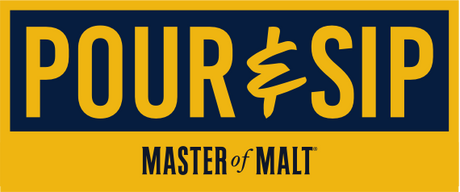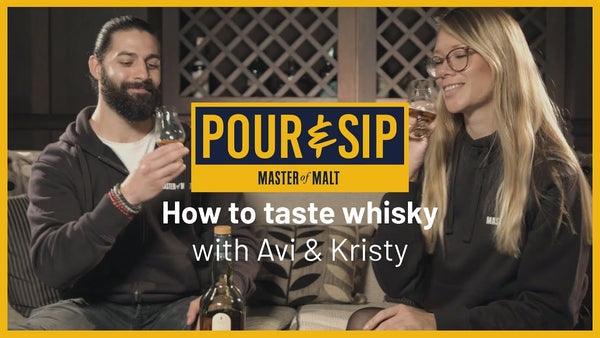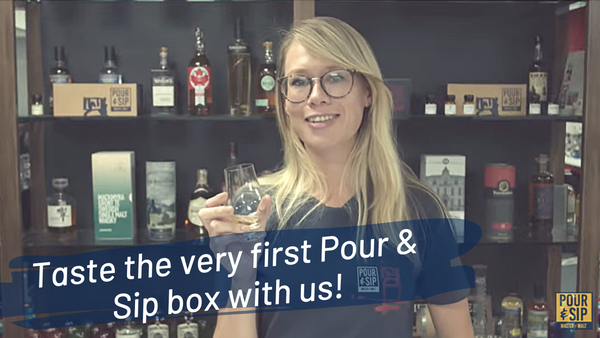What exactly is an independent whisky bottler?

There are many independent whisky bottlers on the scene, but if you’re confused as to why they exist, or exactly what an ‘independent bottling’ is, here’s a longer look at what’s going on.
You’ve probably spotted the words ‘independent bottler’ kicking around on Pour & Sip over the last few months – most recently, when talking about this month’s Scallywag from Douglas Laing, and Juveniles from Compass Box, though that mega-old Cameronbridge from That Boutique-y Whisky Company that you enjoyed back in November’s box is another great example. Generally, whisky can be divided into two categories – distillery bottlings (also known as ‘official bottlings’), and independent bottlings. The latter is when the whisky is bottled by someone other than the distillery where it was produced, and it’s super common practice in the Scotch industry. That’s pretty simple. But why would distilleries give away precious casks of their spirit to someone else? And why should you want to buy them?
First, a bit of history. Back in the 1800s, distillery bottlings weren’t a thing at all – indie bottlers were all the rage. A distillery would sell its spirit to wine and spirits merchants, who acted as a middle man, and would then sell it to their customers. These merchants decided to start being a bit more organised, buying the spirit in advance of their clientele wanting to buy it, keeping it in a cask, and bottling it ahead of time. It’s not hard to see how this evolved into the market that we have today.
Nowadays, independent bottlers can either source new-make spirit straight from the distillery and fill it into casks themselves, or buy a cask of ready-matured whisky and simply bottle it up. They could even squeeze in a cask finish before bottling (a risk that, more often than not, the distillery wouldn’t take). What’s more, bottlers don’t actually have to disclose the name of the distillery on the label of their release – though of course it might help their sales if they do! On the flipside, occasionally the distillery won’t allow its name to be disclosed. In this case, you might be able to find clues and hints as to where it came from, so it’s up to the drinker to connect the dots – it’s incredibly rare to see indie bottlings from distilleries such as Glenfarclas, Glenfiddich, and Glenmorangie.
You might think there’s little skill in simply buying a cask of matured whisky and putting it into a bottle – but here’s where we come back to the question of why distilleries would want to sell their casks to someone else in the first place. It’s unlikely that any distillery will be giving away prime casks of whisky for someone else to bottle – that would be madness! That’s when the skill of the independent bottler comes into play, taking a cask which might not fit the distillery character for an official bottling, and elevating it – whether it be bottling it a cask strength, cask-finishing it, or leaving the whisky for a little longer in the cask. This means that indie bottlings often show a different side to a well-known distillery, because – as I mentioned earlier – they’re more likely to take risks with it. Alongside that, there’s something extra appealing to whisky geeks about a lot of indie bottlings – many of them are single cask releases with very limited stock, and, strangely enough, they’re also often cheaper. Win/win!
“But, what about Scallywag?” I can hear you asking. That’s not got a distillery name on the label, nor is it a single cask release. Scallywag brings together malts from over four Speyside distilleries, while Juveniles is a blend of four Scotch malt whiskies, too. In this case, it may make more sense to think of names like Compass Box and Douglas Laing as blenders rather than simply bottlers. Because they’re not limited to liquid from just one distillery, they can create fabulous blends from a whole range of distilleries, just like these!
But the line between bottlers and distillers is beginning to blur a little. Signatory Vintage, another independent bottler, bought the Perthshire-based Edradour in 2002, while Douglas Laing acquired Strathearn Distillery back in 2019, with a few other independents following suit. No doubt it’s an attractive prospect, giving them more control over production and allocation of the spirit. Whether they’re sticking to picking out casks, or branching into the production side of things, we’re excited to see what’s to come from independent bottlers in the future!
Until next time,
Jess🥃



